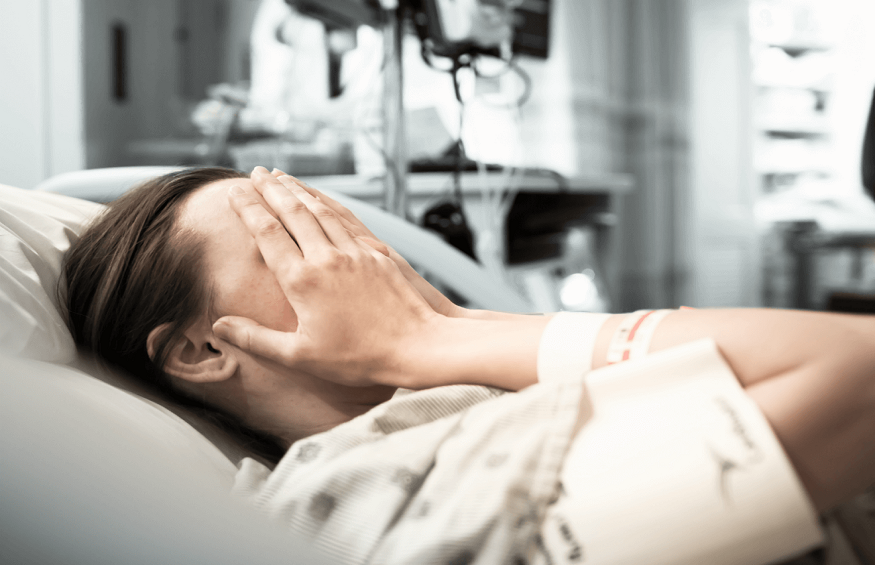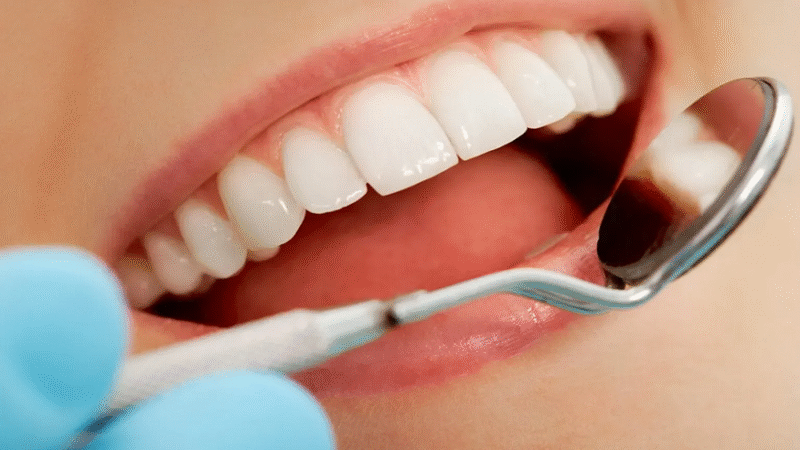Learn About Post-surgery Depression And Its Symptoms

Depression after surgery is not a common condition, but many people still suffer from depression after the surgery. Any health issue, routine change, and discomfort can contribute to depression.
The research reported that mental health issues could negatively influence the recovery from a person’s surgery. Depression after the surgery can also enhance the experience or perception of pain that occurs after the surgery.
Knowing about the causes of post-surgery depression and finding out its solutions can make it easy to manage. Some people may get the symptoms of depression before surgery when they hear about the news of surgery; they have to manage financial pressure.
You can call depression a complication that can occur after every type of surgery. Many people feel motivated that they can recover again. Sometimes people can develop depression. Post-surgery depression is a severe condition that needs specific attention to be managed carefully.
Symptoms Of Depression
Depression involves low feelings and other specific symptoms that are given below.
- Fatigue
- Issues with memory
- Difficulties in making decisions
- Unusual eating
- Sleeping less or more than before
- Restlessness
- Irritability
- Loss of interest in several life activities
- Slow movements
- A feeling of stress, guilt, anxiety, or a combination of these conditions
- Low speech
- Feeling hopeless or despair
- Suicidal thoughts or harming oneself for other people
Depression can increase the risk of developing physical illnesses. It also delays the quick recovery from an operation or injury.
Depression After Surgery
The following factors can enhance the risk of depression after the operation.
- Reactions to Anesthesia
- Pain and discomfort during the recovery
- Antibiotics effects
- Reactions to specific pain relievers
- Concern about affecting the lifespan or quality of life
- Emotional, mental, or physical stress results from surgery or illness
Depression and surgery affect the thinking of individual differences. Talking to a doctor can help a person to be prepared for the management of specific surgical situations.
Tips That Can Help You To Manage Depression After Surgery
Following tips can help you to decrease the impact of depression after having surgery.
Understand What You Should Expect
It is aware of expectations before, during, and after the surgery helps you manage the symptoms of depression. That’s why it is essential to discuss any uncertainty or question with your doctor.
People can control their health and overall condition if they:
- Know the time of recovery
- Understand the effect, use, and side effects of medications
- Keep a list of numbers that will be needed in any emergency
- Have a plan for follow-up appointments
- Monitor changes and symptoms
A doctor can suggest various ways for the planning of treatment. Mood fluctuations and pain do not help you to explain your concerns to the doctor quickly.
Get Up Everyday
It can be challenging to get up after your operations but do it after few days because it helps:
- To feel a person in control and independent
- Give the day a purpose and making a good life routine
- To do different activities and tasks
- To bath and wear the clothes of one’s choice make a person feel more relax and comfortable
- A person to differentiate between a night and day which improves a good sleep
Spend Time With Friends And Family
Spending time with friends is an excellent way to reduce the symptoms of depression and spend the best time. It helps a lot. You can also spend time with your family after the surgery. Having a company is an excellent way to distract yourself from worries.
It also changes the mood of a person and makes him relax and happy. You do not feel alone with your friends and family. They can also help with practical needs and chores.
Eat A Healthy Diet
A healthy diet that includes regular meals can help you to:
- Manage your weight
- Feeling good physically and mentally
- Get the required nutrients to recover fastly
Eating with others is an excellent chance to interact. Your family and friends give you a positive affection that restricts depression to develop.
Regular Sleep
A regular pattern of sleep helps you to reduce fatigue. It supports the mental and physical well-being of a person. Following are the tips to have a better sleep.
- Waking up at the fixed time
- Avoiding naps at day time
- Keeping bedroom dark during the sleep
- Leaving the devices and mobile phone before the sleep at night
- Going to bed earlier
Depression after surgery is not a common condition, but many people still suffer from depression after the surgery. Any health issue, routine change, and discomfort can contribute to depression.
The research reported that mental health issues could negatively influence the recovery from a person’s surgery. Depression after the surgery can also enhance the experience or perception of pain that occurs after the surgery.
Knowing about the causes of post-surgery depression and finding out its solutions can make it easy to manage. Some people may get the symptoms of depression before surgery when they hear about the news of surgery; they have to manage financial pressure.
You can call depression a complication that can occur after every type of surgery. Many people feel motivated that they can recover again. Sometimes people can develop depression. Posy-surgery depression is a severe condition that needs specific attention to be managed carefully.
Symptoms Of Depression
Depression involves low feelings and other specific symptoms that are given below.
- Fatigue
- Issues with memory
- Difficulties in making decisions
- Unusual eating
- Sleeping less or more than before
- Restlessness
- Irritability
- Loss of interest in several life activities
- Slow movements
- A feeling of stress, guilt, anxiety, or a combination of these conditions
- Low speech
- Feeling hopeless or despair
- Suicidal thoughts or harming oneself for other people
Depression can increase the risk of developing physical illnesses. It also delays the quick recovery from an operation or injury.
Depression After Surgery
The following factors can enhance the risk of depression after the operation.
- Reactions to Anesthesia
- Pain and discomfort during the recovery
- Antibiotics effects
- Reactions to specific pain relievers
- Concern about affecting the lifespan or quality of life
- Emotional, mental, or physical stress results from surgery or illness
Depression and surgery affect the thinking of individual differences. Talking to a doctor can help a person to be prepared for the management of specific surgical situations.
Tips That Can Help You To Manage Depression After Surgery
Following tips can help you to decrease the impact of depression after having surgery.
Understand What You Should Expect
It is aware of expectations before, during, and after the surgery helps you manage the symptoms of depression. That’s why it is essential to discuss any uncertainty or question with your doctor.
People can control their health and overall condition if they:
- Know the time of recovery
- Understand the effect, use, and side effects of medications
- Keep a list of numbers that will be needed in any emergency
- Have a plan for follow-up appointments
- Monitor changes and symptoms
A Best health Clinic doctor can suggest various ways for the planning of treatment. Mood fluctuations and pain do not help you to explain your concerns to the doctor quickly.
Get Up Everyday
It can be challenging to get up after your operations but do it after few days because it helps:
- To feel a person in control and independent
- Give the day a purpose and making a good life routine
- To do different activities and tasks
- To bath and wear the clothes of one’s choice make a person feel more relax and comfortable
- A person to differentiate between a night and day which improves a good sleep
Spend Time With Friends And Family
Spending time with friends is an excellent way to reduce the symptoms of depression and spend the best time. It helps a lot. You can also spend time with your family after the surgery. Having a company is an excellent way to distract yourself from worries.
It also changes the mood of a person and makes him relax and happy. You do not feel alone with your friends and family. They can also help with practical needs and chores.
Eat A Healthy Diet
A healthy diet that includes regular meals can help you to:
- Manage your weight
- Feeling good physically and mentally
- Get the required nutrients to recover fastly
Eating with others is an excellent chance to interact. Your family and friends give you a positive affection that restricts depression to develop.
Regular Sleep
A regular pattern of sleep helps you to reduce fatigue. It supports the mental and physical well-being of a person. Following are the tips to have a better sleep.
- Waking up at the fixed time
- Avoiding naps at day time
- Keeping bedroom dark during the sleep
- Leaving the devices and mobile phone before the sleep at night
- Going to bed earlier






